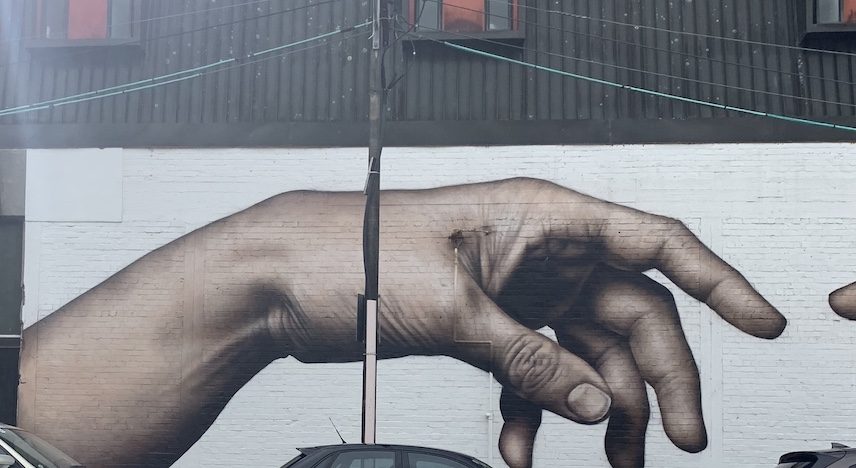I am fascinated by student voice and student agency, I always have been. Back in the ‘day’, my classroom was all about co constructing learning and behaviour, with the students. Very little happened without student input, design and consensus. At the time it didn’t have the modern label of ‘voice’ or ‘agency’ – it was a developmental, constructivist classroom (we are talking Kelvin Smythe constructivist!) and I taught that way because otherwise I would have been bored. I figured, if I was bored, then sure as eggs, my students would have been bored too! I did not go into teaching to be bored and I was pretty certain my students did not want to go school and be bored either.
If we had an issue in the classroom (or playground), we talked about it, and I assisted my students to find their own solutions. Once they had that process modelled a few times, they led the classroom problem solving sessions themselves. In terms of learning, I shared students assessments with them, and if they had some work to do to get up to ‘speed’, we talked together about who was responsible for their learning, and I helped them work out a plan to improve. With them.
A lot of our learning was designed by the students, based on the things that they were interested in, and we wondered, questioned and used creative ways to explore learning in every curriculum area. We didn’t run a traditional timetable, instead we ran a programme that allowed for students to direct their own learning, at a pace and style that suited them. It wasn’t easy (in fact, it was a heck of a lot of work), but it was effective and it was fun.
At the heart of this type of learning and teaching, was student voice. As a teacher, I sought student feedback all the time – on how they were learning and on how I was teaching. I believe in that old adage, that you can not fix that which you do not know is broken. How do you know your teaching is effective? Sure, you can look at hard data like test scores, but at the end of the day, they don’t tell you anything. If, however you have a culture of feedback, feedforward and feedaroundthecorner, and this culture is a two way road – where you are getting feedback and forward as well, then you can have your students tell you what is working for them, what they didn’t understand, and how things can be better in their class. It is, after all, their class!
Sometimes, as a leader, I confess, I struggle.
I struggle to understand why some (I emphasise some) teachers find it hard to ask students for feedback on how well they are teaching and what can improve things in their classroom. It is almost an achilles heel of mine, in that, because it was a such an engrained practice within my own teaching, I struggle to see why it is not second nature to all teachers. (I also struggle with formal timetables in classrooms as well, but that old chestnut is a long story which we won’t go into today).
It leaves me wondering, why do some teachers not use student voice? Is it because they feel they must be in full control at all times? Are they worried or scared to find out that the students might not find their teaching methods effective? Do they think they need to be the ‘sage on the stage’, and lack trust in their students to make good decisions on classroom and curriculum? Do they need more support on how to collect and use authentic student voice? Is there confusion about the difference between agency and voice, how its used and why it is so powerful?
All interesting things to wonder. And wonder I do.
It is of note that as a leader, I still use student voice. My fascination has simply shifted from my effectiveness as a teacher, and my classes student achievement and wellbeing, to that of our effectiveness as a school. Now, I use student voice and feedback in different ways, not just to check in on a students engagement in our school, but as a barometer of how things are going for their learning, about how their learning in their class is shaping and how well they understand what they are doing and where they need to go next.
My 28 minutes escaped some time ago, so next time, I will talk about this further, but from a leaders perspective, and I will outline how we use student focus groups as our barometer of learning in our school.

